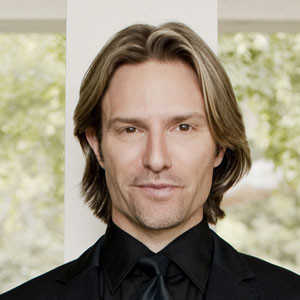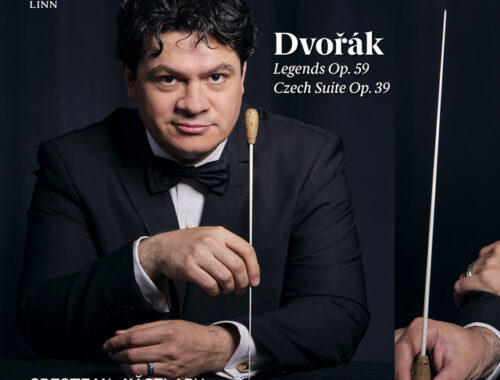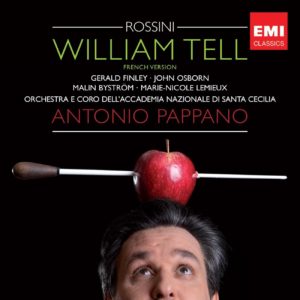Lucerne Festival Orchestra, Abbado, Royal Festival Hall
Precious few conductors bring an aura of their own into the concert hall, still fewer change our perceptions of music and the way we listen to it. Claudio Abbado is one. And the orchestra he hand-picked back in 2003 to live and breathe the music like an extension of himself is the Lucerne Festival Orchestra.
There was an additional soul-mate on the occasion of this rare visit to London – Mitsuko Uchida – and her performance of the Schumann Piano Concerto breathed the same air discreetly to redefine songfulness in its many guises.
Exultant, dream-like, rapturous, the Schumann concerto is all of a piece with piano and orchestra in perpetual dialogue (exquisite oboe and clarinet contributions tendered here) and a central intermezzo where the cellos gently push the soloist into the role of accompanist. Uchida is such a great listener, so aware of everything happening around her, that half the joy here was in watching her engage the orchestra throwing down at least one provocative modulation like a gauntlet. But it was in the technically demanding finale that she really shone, earthy bravura giving way to airy enchantment, the free-flowing semi-quavers of the final pages effortlessly turned as if they didn’t need playing at all.
Abbado’s peerless account of Bruckner’s 5th Symphony was not so much a performance more an evolution, the first viola entry deflecting the ear from the all-pervasive pizzicato and becoming a presence before it became a sound. Abbado really explored the modernity of the piece. We didn’t question the seemingly illogical progressions, the obliqueness of the symphonic thinking – it all felt so inevitable.
The corporate resonance of the slow movement’s heartening main theme seemed to open up the Festival Hall acoustic lending it a renewed depth and breadth while the robust scherzo hurled us into the great outdoors with violins swaying beerily to Bruckner’s intoxicating landler.
You don’t question Abbado’s tempi in this or any other music – everything relates so naturally to melody, harmony, and atmosphere. Those extraordinary Brucknerian distillations, with solo woodwinds momentarily disembodied in time and space, or the great organ-like expanses of the finale whose archaic brass plainchants, ghosted in the strings like cathedral echoes, seemed to originate from the pages of some illuminated manuscript – these were the hallmarks of a reading which with the arrival of that most resplendent of all Bruckner perorations was finally the sum of so many revelations. Magnificent.
You May Also Like

A Conversation With ERIC WHITACRE
02/09/2010
GRAMOPHONE Review: Dvořák Legends, Czech Suite – WDR Sinfonieorchester/Mascelaru
06/01/2023